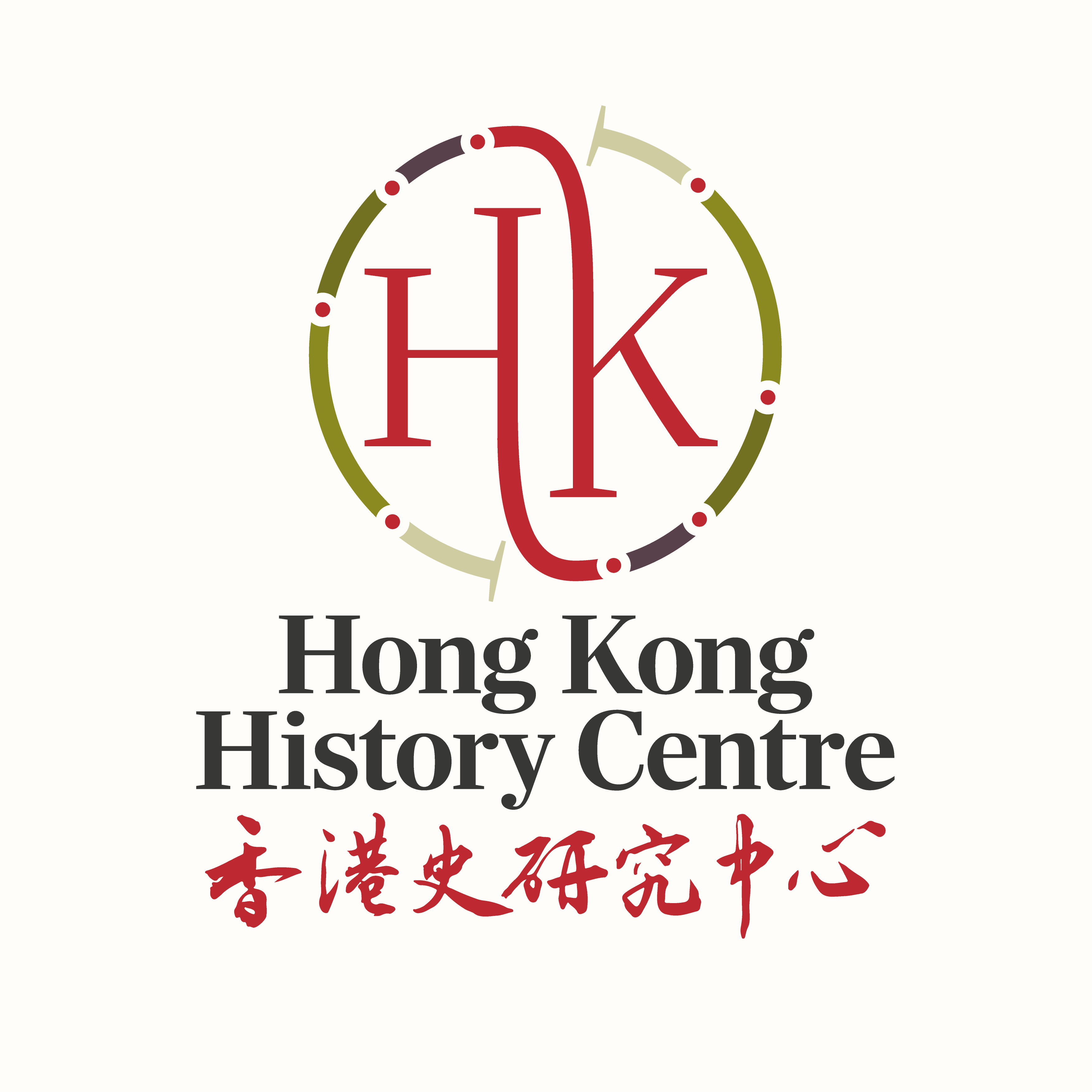
The Project is delighted to have Dr. Christopher Munn to be our interviewee this week. A former administrative officer in the Hong Kong Government 1980-1992, and a staff member of the Hong Kong Monetary Authority 1998-2010, …
26/10/17
Call for Papers
Challenges in the study of Hong Kong History: Postgraduate Workshop at the University of Bristol, January 2018
The Hong Kong History Project at the University of Bristol is pleased to announce that the second Postgraduate Workshop will …
19/10/17

Our second interviewee is Prof. Mark Hampton, of the history department at Lingnan University. A resident of Hong Kong for almost eleven years, Prof. Hampton has published widely on British media and culture, including the recent book Hong Kong …
14/10/17The Project is delighted to have Dr. Christopher Munn to be our interviewee this week. A former administrative officer in the Hong Kong Government 1980-1992, and a staff member of the Hong Kong Monetary Authority 1998-2010, …
26/10/17Call for Papers
Challenges in the study of Hong Kong History: Postgraduate Workshop at the University of Bristol, January 2018
The Hong Kong History Project at the University of Bristol is pleased to announce that the second Postgraduate Workshop will …
19/10/17
Our second interviewee is Prof. Mark Hampton, of the history department at Lingnan University. A resident of Hong Kong for almost eleven years, Prof. Hampton has published widely on British media and culture, including the recent book Hong Kong …
14/10/17